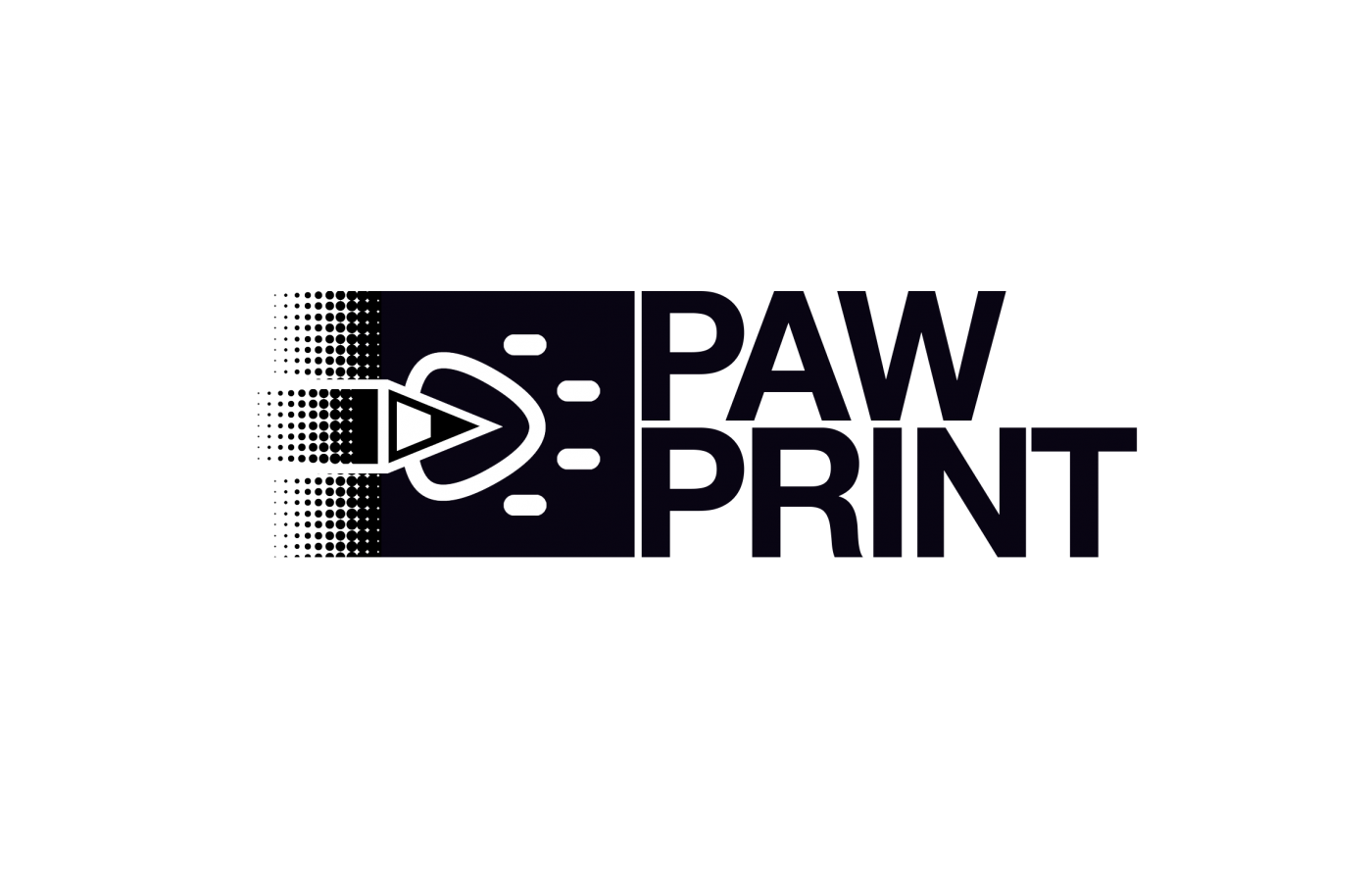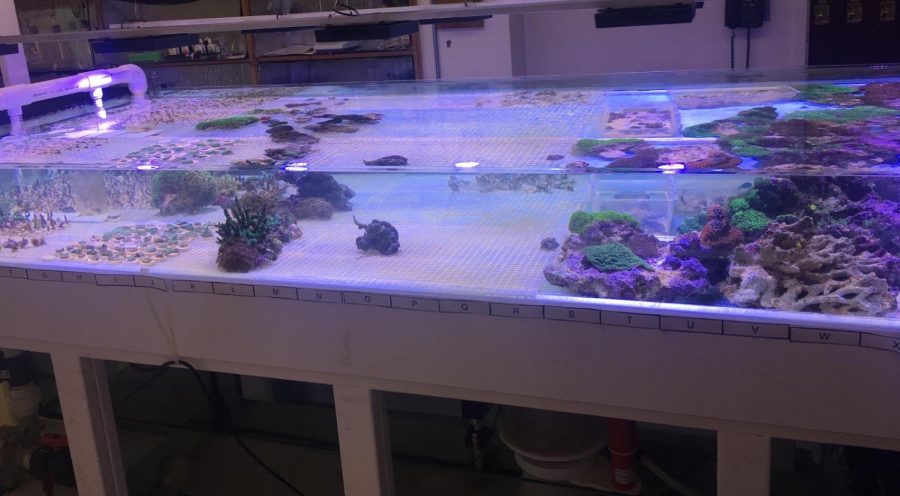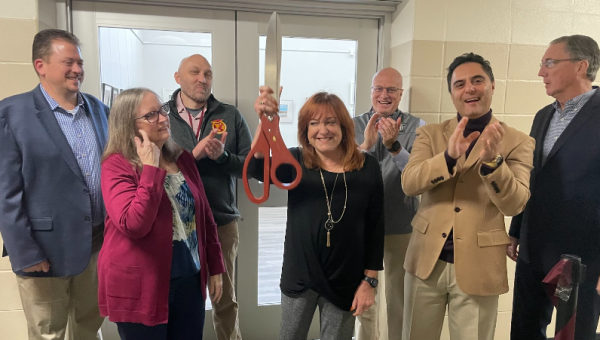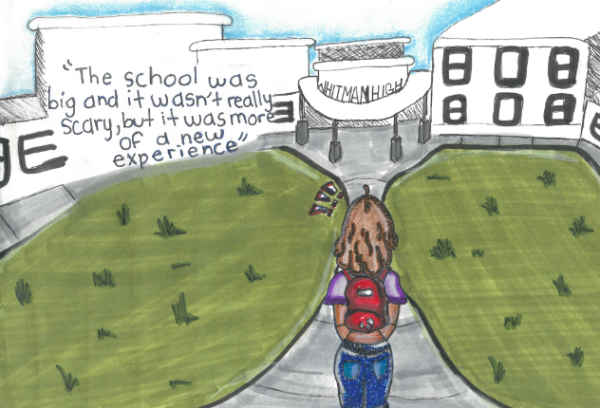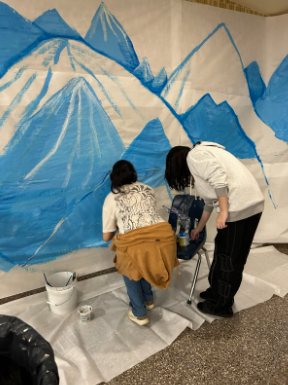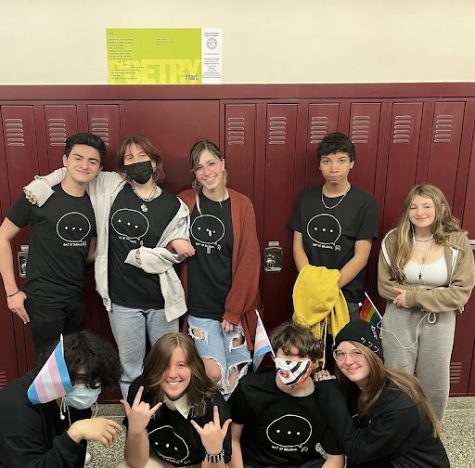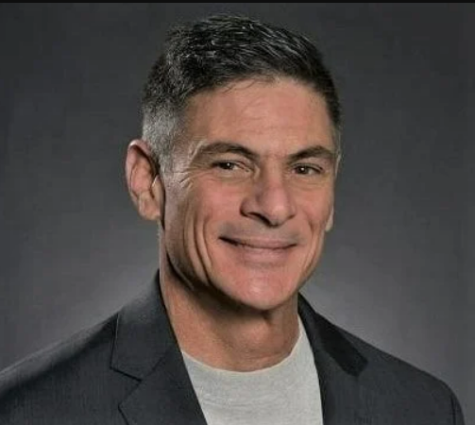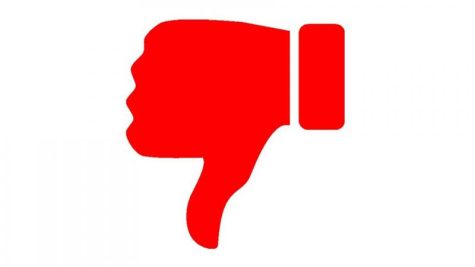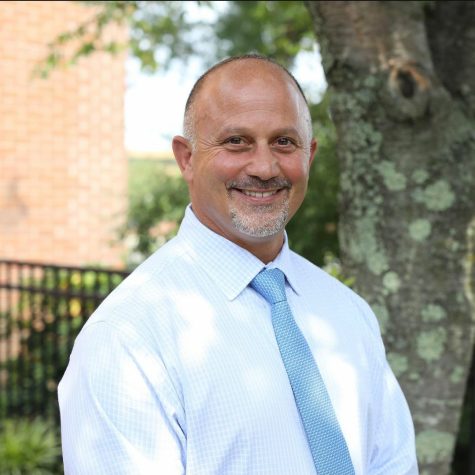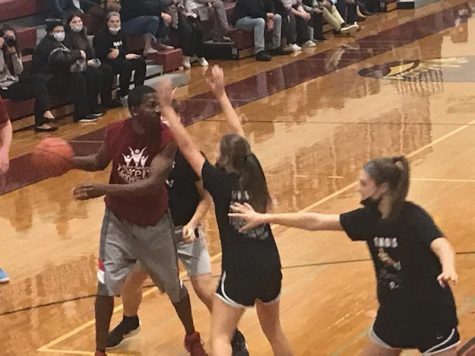The Science Research Program is one of the most incredible opportunities available to Whitman students. It is a place where one is surrounded by peers who have similar interests and share a common goal: to further develop skills needed for success in any STEM career. Each year, students are given resources like no other, and are guided by some of the most influential names in the science community. This includes mentors from the Cold Spring Harbor Laboratory, Brookhaven National Labs, and Cornell University. It’s exhilarating to make these connections at such a young age and plan ahead for a bright future.
Potential project ideas are limitless, and Mr. Frederick Feraco, the sole Research teacher at Whitman, strives to help every student reach their goals. Though he “just started teaching at this school last year,” Mr. Feraco is extremely innovative and constantly motivates the next generation of scientists to dig deeper in order to prepare them for success. He believes the most important qualities in a research student are “curiosity, determination, and persistence.” Some of the events his students attend to showcase their achievements each year are Long Island Science Congress, LISEF, Farmingdale STEM Diversity Summit, Medical Marvels, and the annual Siemens Fair. The interests of Research students are eclectic and encompass things like plant pathology, the study of animal behavior, DNA barcoding, software development, coral aquaculture, and computing systems utilizing robots and drones!
Emily Riha, a sophomore at Walt Whitman High School, is currently studying “the sounds produced by clownfish during times of aggressive behavior.” She feels that the class is well-structured because “Mr. Feraco manages to balance assisting every student with his or her project and turn creative thoughts into something that can win any award.” Similar to that of many students, her favorite aspect of the course is being able to study something she is interested in and has a passion for.
Camilo Vasquez, a senior who is attempting to “find a correlation between UV and cosmic radiation,” gives a valuable piece of advice to any student deciding on a topic to experiment with. He advises to “pick a realistic topic right from the get-go so that you don’t waste time making alterations to meet ethical standards.” He hopes to finish his senior project by creating a solar panel for Whitman’s roof “as an alternative source of energy.” With college on his mind, Camilo couldn’t “pick a better way to pave a great path for the future.”
Junior Rebecca Geneus is participating in Barcode Long Island, which is a program organized by Cold Spring Harbor Laboratory, and is attempting to discover a new species of mushroom. This is her second year as a research student and strongly recommends “any student interested in science and engineering to take advantage of this amazing course.” She stated that although the class may start off as being complicated and slightly overwhelming, “once you figure it all out, the class becomes an unforgettable experience.”
Personally, I could not be happier with all the opportunities Science Research has opened up for me since my freshman year. Currently, I am also participating in the Barcode Long Island mission. My partner, Natalie Ugenti, and I are researching the effects of nitrogen pollution on marine life. The possibilities are endless for any student willing to take advantage of the program, and you’ll be glad if you do!
